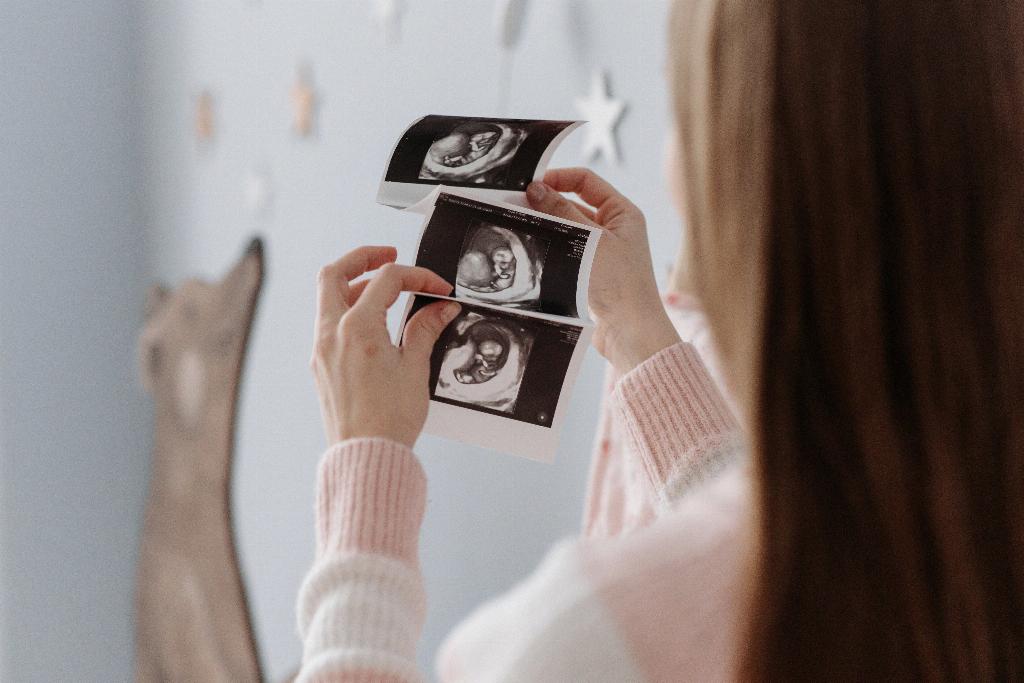It’s essential to acknowledge that bleeding during the early stages of pregnancy is not uncommon. In fact, research suggests that nearly one in four pregnancies experience some form of vaginal bleeding. While this may initially cause concern, it’s crucial to remember that many of these instances result in the successful birth of a healthy baby.
Recognizing the Possibility of Miscarriage
Despite the frequency of bleeding in early pregnancy, it’s important to note that around a third to half of all women who experience such bleeding may unfortunately go on to miscarry. This statistic serves as a stark reminder of the fragility of early pregnancy and the need for cautious monitoring and care.
Factors to Consider
When assessing whether bleeding in early pregnancy indicates a potential miscarriage, various factors must be taken into account. The intensity and duration of the bleeding, the presence of accompanying symptoms such as cramping, and the individual’s medical history all play a crucial role in determining the likely outcome.
Consulting with Healthcare Providers
If you experience bleeding during pregnancy, it is always advisable to seek immediate medical attention. Healthcare providers, including obstetricians and midwives, can conduct thorough assessments, ultrasounds, and tests to evaluate the situation and provide appropriate guidance.
Importance of Monitoring Symptoms
Regular monitoring of symptoms is essential for ensuring the well-being of both the expectant mother and the developing fetus. Any changes in the nature or frequency of bleeding, along with the onset of additional symptoms, should be promptly reported to healthcare professionals.
Emotional Impact
The emotional toll of experiencing bleeding during pregnancy cannot be overstated. It is entirely natural for individuals to feel anxious, frightened, and overwhelmed by the uncertainty of the situation. Seeking emotional support from loved ones and professionals is crucial during such challenging times.
Hope and Resilience
Amidst the fear and uncertainty surrounding bleeding in early pregnancy, it’s crucial to hold onto hope and resilience. Many individuals who encounter such challenges ultimately go on to deliver healthy babies, emphasizing the resilience of the human body and spirit.
Addressing Concerns and Questions
It’s normal to have numerous concerns and questions when faced with bleeding during pregnancy. Open communication with healthcare providers, asking for clarification on medical terms, and seeking reassurance can help alleviate anxiety and foster a sense of empowerment.
Potential Outcomes
While the possibility of miscarriage looms over instances of bleeding in early pregnancy, it’s essential to remember that not all cases result in this outcome. Many individuals who experience bleeding ultimately progress to have successful pregnancies and healthy babies.
Support Networks
Building a robust support network comprising understanding family members, friends, and professionals can significantly aid individuals navigating the challenges posed by bleeding in early pregnancy. Seeking comfort and guidance from others is a valuable form of self-care.
Self-Care and Rest
Engaging in self-care practices, prioritizing rest, and listening to one’s body are crucial components of managing the stress and anxiety associated with bleeding during pregnancy. Taking time to nurture oneself can promote physical and emotional well-being.
Seeking Clarification
If you are uncertain about the implications of bleeding in early pregnancy or require further clarification on your individual circumstances, do not hesitate to reach out to healthcare providers. Seeking professional guidance can offer peace of mind and essential information.

